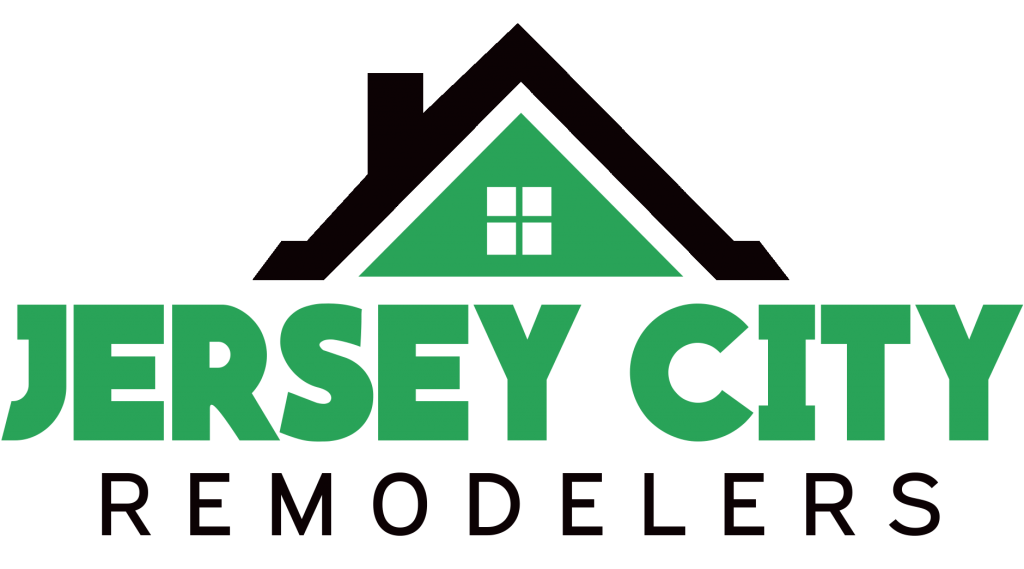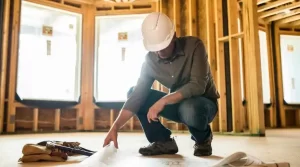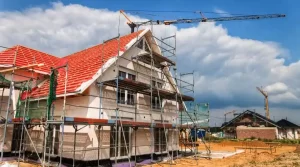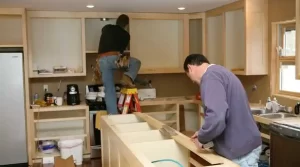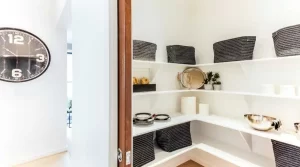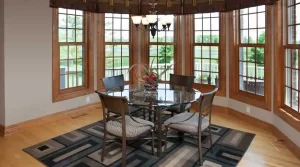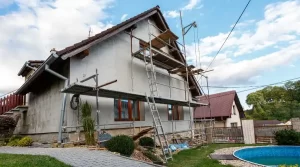It is closely correlated to how accurate and precise your custom builder will be while managing your project based on how meticulous they are when preparing the construction budget for your home. Your custom builder must be able to prove that they have invested the time, knowledge, and thorough research to construct a budget that will end up as close to reality as feasible. If one is unable to do this, make sure to move on to a new custom builder candidate.
Budget Fundamentals for a Custom House
Budgets for custom homes must always be compared on a case-by-case basis, which is the first thing to understand. Compelling and accurate budgeting for one-of-a-kind homes must take into account a vast number of factors. You should take some time to consider whether your builder has done the necessary research and preparation to be successful.
Moreover, keep in mind that your budget might be more thorough the more decisions you make prior to placing your offer. The builder will make fewer assumptions as a result of more choices, which will result in fewer budgetary allowance items.
Interested in learning what decisions must be taken prior to creating a bespoke home? Below is a link to our earlier blog entry.
A custom home builder may use one of the following methods to develop a budget:
1. Make use of a number of bids and past information
The cost to construct a certain architectural plan can be estimated using this method, which is the most accurate. Your builder should be eager to invest the time and knowledge necessary to provide you with a truly realistic estimate of the cost to build your home once the designs and specifications are finished. This is accomplished by requesting and carefully reviewing hard quotes from their network of subcontractors, comparing those figures to previous project expenses, and developing a comprehensive itemized budget. A thorough custom home budget requires a significant investment in time, money, and expertise, which is why some builders search for areas where they may save money, such as the following two methods.
2. Only utilize previous data
While it is permissible to utilize historical data to create a preliminary estimate that will serve as a reference during the architectural design stage, it will not be sufficient to create a thorough final budget for a custom home like yours.
3. Use a third-party estimating company to create your budget.
This strategy should be avoided if one of your builder candidates utilizes it. This suggests that they are lacking in one or more of the following: the dedication to delve into and analyze your architectural plans; the historical information required to verify bid totals or create a truly comprehensive budget; a large subcontractor base to which they can reach out for quality bids; the manpower required to create a meaningful and accurate budget; and the dedication to be the best steward of your resources.
Conferences for Budget Presentation
We strongly suggest having a face-to-face budget presentation meeting with each custom builder candidate in order to assess how complete and precise their budgets are. It is crucial to go through the budget with them, understand and explain any assumptions that were made when estimating the cost of particular budget line items, and go over the various options that are open to you in order to further customize the budget. From a broader standpoint, this meeting gives you the chance to evaluate their communication style, attention to detail, and competence.
The following inquiries should be on your mind throughout this meeting:
How carefully and thoroughly has the contractor researched and mastered your architectural plans?
You can be more confident that they have identified and budgeted for all of your home’s challenging design components the more closely they have examined your designs.
Did they disclose to you the underlying presumptions that underpinned the budget they produced?
There will undoubtedly be some items left out of your architectural design or specs because bespoke homes involve hundreds of minor and large features. In order to get at different budget figures, the builder will therefore make a ton of assumptions. It’s crucial that they use this chance to discuss them with you in order to determine which of those assumptions needs to be revised in order to increase the budget’s accuracy.
Did high-value subcontractors submit numerous bids for the major line items?
With regard to the foundation, roofing, plumbing, electrical, HVAC, windows, and external and interior doors, the builder should give priority to collecting several quotes. Their willingness to put themselves through the time-consuming process of requesting and carefully evaluating numerous bids demonstrates to you a number of things, including how extensive their network of excellent subcontractors is, how highly they value your resources, how meticulous and thorough they are in their work, and how devoted they are to offer you exceptional service and value both now and throughout construction.
Do they carefully review each offer to ensure it is thorough?
Subcontractor bid discrepancies at this stage could lead to expensive change orders, overspent budgets, and future schedule delays.
In an effort to win your project, did they hire low-quality subcontractors?
While appealing to the eye, a budget created from low-quality subcontractor bids won’t be cost-effective in the long run. Employing low-quality subcontractors can result in shoddy work, more errors during construction, spiraling timetable delays, and more warranty problems following a move-in.
At your meeting to examine their budget, did they offer you any options?
It is possible to apply each of the many aspects listed above in a number of different ways. Good custom builders will use this chance to learn more about your priorities and the features you want to include.
All allowed item amounts were justified and explained?
You should know how the builder arrived at each allowance item’s value because they are merely plug-in numbers. Their allowance numbers should be based on reasonable projections of what a given line item would cost, but this isn’t always the case if a builder is more focused on getting your business than giving you a budget that makes sense. Once the builder develops a better knowledge of your preferred level of finishing, there can be some adjustments made during your budget presentation meeting.
In order to check the figures in their budget, did they consult historical data for comparable homes they had already built?
This is advantageous for your finances and reflects the level of expertise they have in creating residences similar to yours. Never let your house serve as a test site for construction projects.
You may learn not only how much it will cost to build your home, but also how confident you are in your builder, by visiting with them and asking them some important questions to evaluate the method they used to develop the budget for your custom home. As you continue on your custom homebuilding journey, this information will be of immeasurable use.
